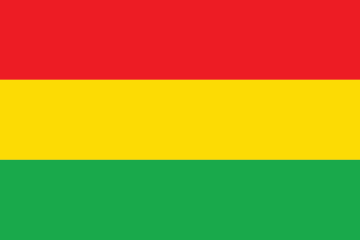
Compulsory Education Age
6–17 years old
Legal Status
There is no law that directly addresses home education in Bolivia. Article 88 of the Constitution of Boliva recognizes the right of mothers and fathers to "choose the education that is appropriate for their daughters and sons".
However, school is compulsory in Bolivia and children have to be registered in a local school.
In order to homeschool, parents must register their children with a Bolivian umbrella school, which fulfills compulsory attendance requirements and qualifies as a local school.
Bolivian umbrella schools validate grades, offer a valid curriculum, monitor student achievement, and can help parents register their children in the Bolivian school system. Once a child is registered with a Bolivian umbrella school, parents can educate them at home.
For additional help, homeschool families can contact Homeschooling Bolivia. This organization can verify that curriculum meets Bolivian requirements and provide other legal help.
Contact Information
Homeschooling Bolivia
Website: homeschoolbolivia.wixsite.com
Email: homeschoolingbolivia@gmail.com
WhatsApp: +591 70523905
Instagram: @homeschoolingbolivia
Youtube: youtube.com/@homeschoolingbolivia5505
Contact: Dorcas Audei Ross
WhatsApp: +591 70523905
Contact: Tatiana Sanabria
WhatsApp: +591 72011989

